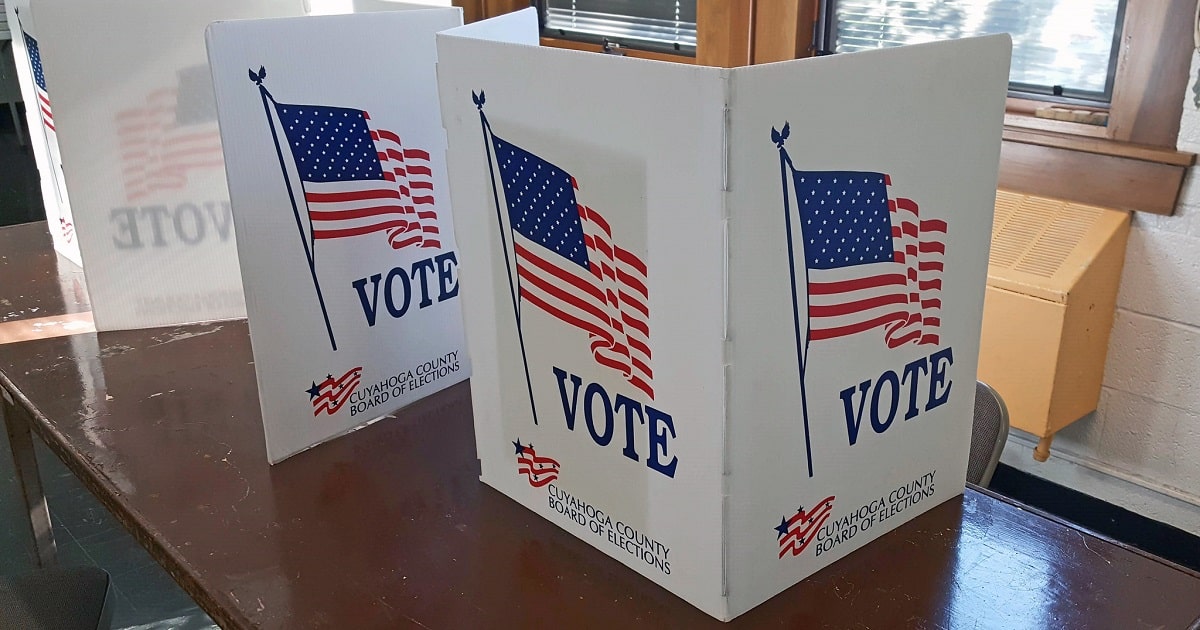



In Dearborn, Michigan, residents are fed up with the daily call to prayer from a local mosque, broadcast multiple times a day, often at ear-splitting levels. They’re not asking for a culture war—just for the city to enforce its own noise rules.
Fox News reported that neighbors in Dearborn are pushing city officials to address the intrusive sound of a mosque’s call to prayer, which exceeds local noise limits and disrupts daily life, leading to complaints and a formal petition.
For years, Andrea Unger, a longtime Dearborn resident of four decades, has endured this issue from her home just a quarter-mile from the Islamic Institute of Knowledge.
The mosque broadcasts its prayer calls several times daily, each lasting about five minutes, through loudspeakers that rattle windows and nerves alike.
Unger isn’t just grumbling over coffee—she’s been sounding the alarm with the Dearborn police and city council for two years.
Despite her persistence, the issue drags on, with the sound still invading her private space as early as dawn.
At a city council meeting on Sept. 23, 2025, Unger brought firepower in the form of a petition signed by 40 neighbors. They’re demanding the city uphold its noise ordinance, which bans “unreasonably loud” sounds that disturb the peace. It’s not a whisper campaign; it’s a plea for fairness.
Dearborn’s ordinance is clear: residential noise can’t top 55 decibels at night or 60 during the day, and loudspeakers are off-limits from 10 p.m. to 7 a.m. Unger, armed with recordings over 30 days, clocked the prayer calls consistently above 70 decibels. That’s not a gentle reminder—it’s a sonic sledgehammer.
Unger insists this isn’t about faith but about equal treatment under the law. “Our city ordinance does not permit unusual, annoying sounds for five minutes or longer, but the mosque continues to violate our privacy inside our home daily,” she told Fox News Digital. Sounds like a reasonable gripe when your home becomes an involuntary echo chamber.
She added, “This is coming into your home, and you have no choice.” That’s the rub—when personal space gets trampled by decibels, it’s hard to call it neighborly. The anti-woke crowd might nod here, wondering why some rules seem optional depending on who’s breaking them.
Some neighbors hesitate to join the fray, fearing labels like “anti-Muslim,” especially after recent city council drama where the mayor slung harsh words at a local critic.
It’s a chilling effect when speaking up risks being painted as bigotry rather than a call for consistency. The culture of cancellation looms large, even in local disputes.
City Council President Mike Sareini assured residents at a recent meeting that police are investigating and have already spotted violations. “It’s not legal, nor do we support it,” he declared. Strong words, but let’s see if they translate to quieter mornings.
Meanwhile, the Islamic Institute of Knowledge, which lists seven daily prayer times online, hasn’t responded to outreach for comment. That silence speaks volumes when the loudspeakers don’t stop. Residents deserve a dialogue, not a monologue at 70 decibels.
Contrast that with the Dearborn Community Center, another local mosque, which voluntarily dialed down its sound system and muted its microphone until the issue is settled. Their director, Nabeel Bahalwan, noted, “We always respect our neighbors.” That’s a refreshing take—respect shouldn’t need a city ordinance to enforce it.
This isn’t about stifling religious expression; it’s about ensuring no one’s rights—whether to worship or to sleep—trump anyone else’s. Dearborn’s diverse fabric shouldn’t fray over something as fixable as sound levels. A little compromise could turn down the volume on this conflict.
Yet, the broader question lingers: why does it take petitions and recordings for the city to act on its own laws? If progressive policies bend rules for some but not others, it erodes trust in local governance. Fairness isn’t a suggestion; it’s the bedrock of community.



